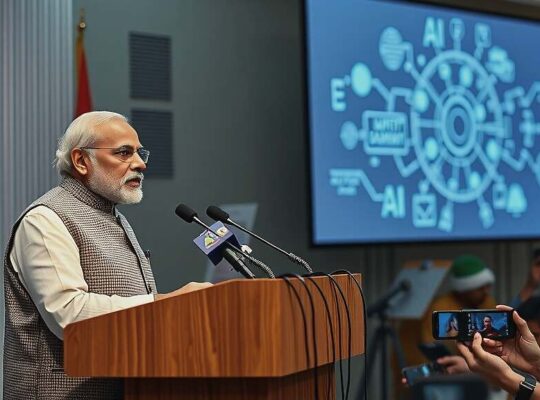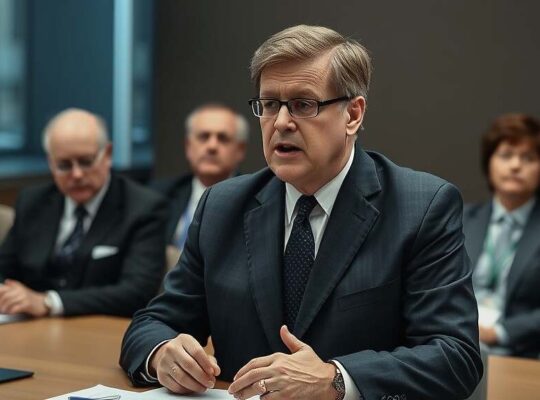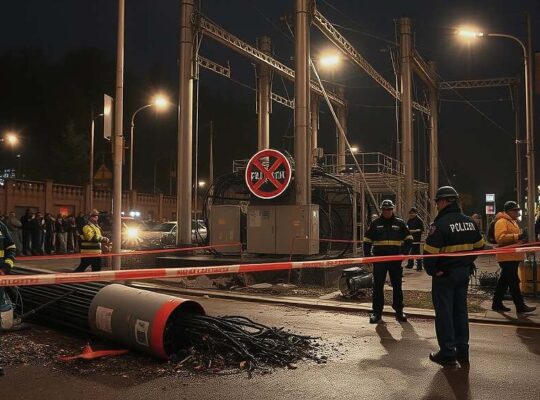The Green Party is pushing for a significant overhaul of Germany’s crisis management infrastructure, arguing that the recently passed military service law falls short of adequately preparing the nation for a broad range of potential threats. Sara Nanni, the Green Party’s spokesperson for security policy, is spearheading a motion to be presented at the party’s upcoming federal delegate conference in Hanover, demanding comprehensive measures encompassing total defense capabilities.
Central to the proposal is the creation of a national coordination center for all-state crisis management, directly under the Chancellery. This body aims to bridge the disconnect between local civil engagement and military operations, ensuring a cohesive and strategically aligned response to emergencies – be they military attacks, acts of sabotage, or natural disasters. The Green Party contends that the current legislation, hastily agreed upon by the governing coalition of the Christian Democratic Union and the Social Democratic Party, is overly focused on mobilizing young people into military service and neglects the broader landscape of societal resilience.
Nanni’s motion highlights a critical concern: that the average German citizen lacks clear guidance on personal responsibility and safety measures during a crisis. The proposal envisions a significantly expanded role for the Bundeswehr (German armed forces), moving beyond traditional military training. Reserve forces would be integrated into longer-term, full-time training programs, incorporating a more detailed focus on civilian preparedness and skills development. A key element proposed is financial compensation for individuals undertaking these more intensive, full-time training programs in both civilian and military capacities, recognizing the disruption to their income.
Critics within the government and across the political spectrum are likely to scrutinize the proposal’s cost and potential for bureaucratic bloat. Concerns remain about the scope of citizen involvement in crisis response and whether such expansive preparations could be perceived as fueling anxieties or unnecessarily militarizing civilian life. However, the Green Party’s initiative underscores a growing recognition of the need to move beyond traditional notions of defense and embrace a more comprehensive approach to national security in an increasingly volatile global environment. The motion is expected to spark a heated debate within the party and potentially influence the government’s ongoing review of Germany’s defense posture.












